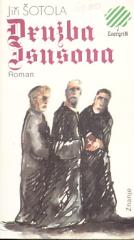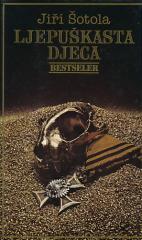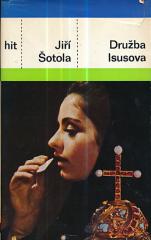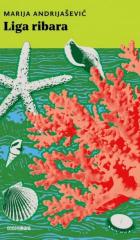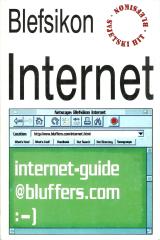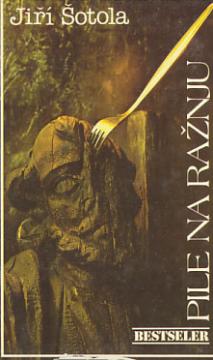
Pile na ražnju
Kvaziistorijski roman Jiržija Šotole „Gomila na ražnju“ prikazuje apsurdnost života kroz priču o antiheroju – lutkaru Matiji Pileu (Matej Kuže), lutkaru istorije tokom Napoleonovih ratova. Roman kritikuje totalitarizam kroz baroknu ironiju i postmodernu d
U vrtlogu Napoleonovih ratova, četrdesetogodišnji seljak Matija Pila dezertira iz bitke kod Marenga 1800. godine, beži u Korišku i pridružuje se akrobatama, tražeći slobodu u skakanju. Proganja ga sećanje na La Turnesovu ljubav; pod lažnim imenom Luiđi Sevastijano traži utočište u zamku grofa Valdštajna kod Litomišla, ali ne uspeva u Don Žuan vežbama – spadaju mu pantalone – i beži kod pijarista sa ocem Prosperom. Tamo razgovara sa duhovima, Bogom i lutkama koje šapuću o njegovoj slomljenoj duši, krade ih i nastavlja da luta kao večni rob haosa.
Vraća se kući: njegov brat Lukaš, pohlepni pijanica koji zlostavlja njegovu pastorku Barbaru, sumnja ga u nasledstvo. Matija se vezuje za nju, odvodi je od nasilja sa sobom i lutkama. Putuju i zarađuju novac nastupajući, ali Barbara umire na porođaju, ostavljajući mu sina. Matija postaje skitnica, lutke oživljavaju, otkrivajući dubine uma; dobija lažni pasoš (Ondržej Serenus), ali biva pozvan u vojsku za Slavkov 1805 – Francuzi ubijaju lutke, mešajući svetove. Umire u slami, okružen duhovima, sa čežnjom za slobodom u malim trenucima.
Matija je antiheroj, žrtva vrtloga koji lomi čoveka protiv velikih sila (Napoleon kao okvir totalitarizma). Šotola slavi bekstvo u unutrašnji svet: razgovori ismevaju veru i slave snagu u samopouzdanju. Priča meša uzvišeno i sirovo, stvarno i maštovito u kružnoj priči od 33 poglavlja, punoj ironije. Poput Kafke i Hrabala, Šotola upozorava na obmane autoriteta i moći.
Dva primerka su u ponudi
Primerak broj 2
- Tragovi patine
